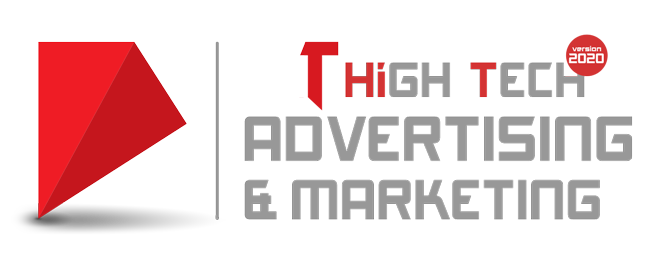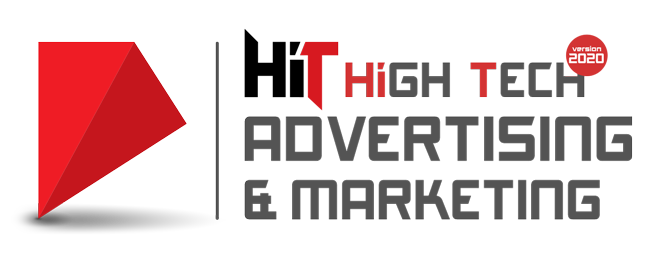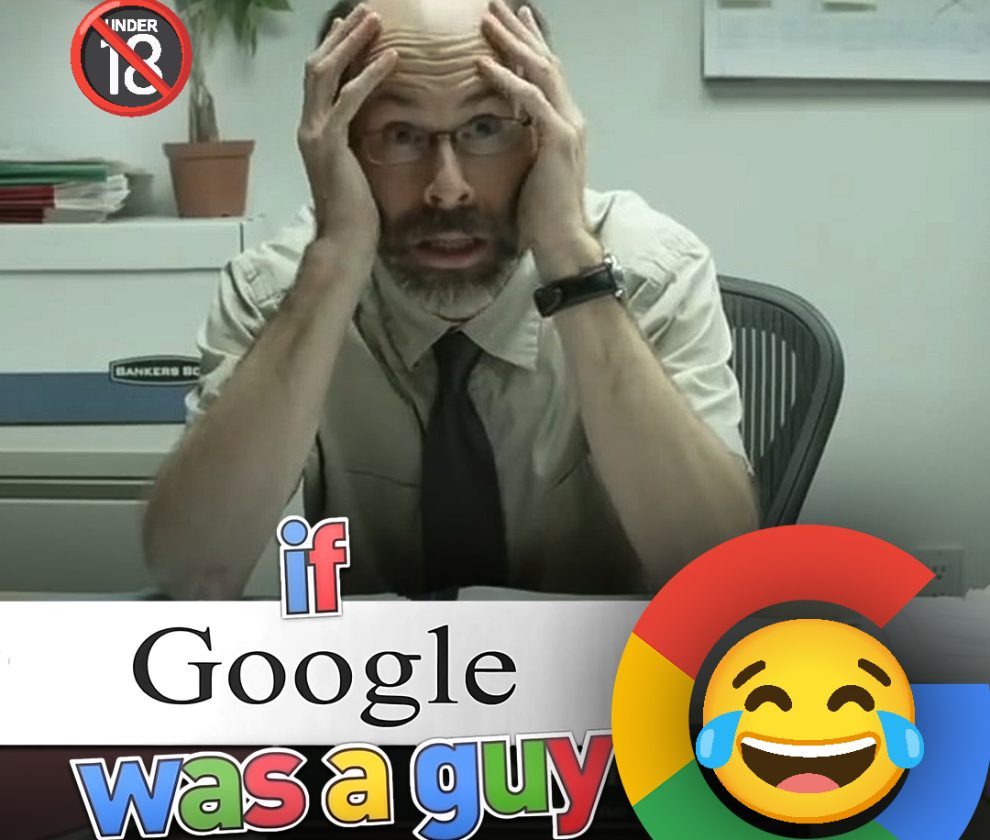Digital marketing is constantly evolving, and businesses need to stay informed of the latest strategies and tools to remain competitive and achieve success . This report explores key digital marketing strategies for 2025, based on predicted trends and current data analysis.

1. Artificial Intelligence (AI) and Machine Learning (ML)
Artificial intelligence and machine learning are increasingly changing the world of digital marketing . By analyzing big data, these technologies help marketers identify user behavior patterns and improve customer experience . AI also plays an important role in data analysis and intelligent decision-making in marketing . For example, AI can help predict customer behavior and proactively respond to their needs, leading to increased customer satisfaction and loyalty .
Some applications of AI in digital marketing include:
- Advanced personalization of content and advertising: AI can analyze user data to provide content and advertising tailored to each individual’s taste and needs. For example, Amazon uses AI to recommend products to customers based on their purchase and search history.
- Chatbots: Intelligent chatbots can answer customer questions 24/7 and provide a better user experience. Many large companies, such as banks and airlines, use chatbots to provide customer support services.
- Intelligent recommender systems: These systems analyze user behavior to recommend relevant products and services. For example, Netflix uses AI to recommend movies and series to users based on their tastes.

2. Customer Experience Focus
In 2025, customer experience will become one of the most important factors for success in digital marketing . Brands need to focus on creating unique and consistent experiences that meet customer needs . This includes all stages of customer interaction with the brand, from the first contact to after-sales service . Also, creating a seamless customer journey across all online and offline touchpoints is critical to building brand loyalty and turning customers into brand advocates .
To improve customer experience, the following methods can be used:
- Data analysis: By analyzing data related to customer behavior, strengths and weaknesses in customer experience can be identified. For example, using Google Analytics, you can examine user behavior on the website and identify pages that cause users to leave the website.
- Personalization: Providing personalized experiences to customers can increase their satisfaction and loyalty. For example, personalized email marketing can be used to send special offers to customers based on their tastes and purchase history.
- Improving customer service: Providing quality customer service and responding quickly to customer questions and problems plays an important role in improving customer experience. For example, online chat can be used on the website to instantly answer customer questions.
- Multi-channel engagement: To create a seamless experience for customers, different channels such as email, social media, SMS, and online chat should be used in a coordinated manner. For example, email can be used to send newsletters and social media can be used to share engaging content and interact with audiences.
- Increased focus on organic marketing: Instead of spending heavily on advertising, brands should focus on creating valuable and meaningful content. This content can include social media posts, educational videos, and influencer partnerships. Organic marketing builds credibility and trust over time, and that’s exactly what today’s audiences care about.
3. Popularity of Video and Live Content
Video is rapidly growing as a powerful marketing tool . Video content, especially live videos, allows brands to connect with their audience in a more interactive way . Platforms like Instagram and YouTube allow brands to use video to tell their stories and build closer relationships with their audiences . Interactive video content can help brands build stronger relationships with audiences and create a sense of community .
In 2025, the use of video in digital marketing is predicted to increase, especially in occupational and educational fields .
4. Content Ideation with a Social Approach
Content should not only convey information but also have the ability to stimulate emotions and create an emotional connection with the audience . In 2025, brands should strive to create creative and engaging content that connects with their audience .
5. Augmented Reality (AR) and Virtual Reality (VR)
In 2025, augmented reality (AR) and virtual reality (VR) will increasingly find their place in digital marketing strategies . These technologies allow brands to create more interactive and engaging experiences for audiences. For example, augmented reality allows consumers to see products in their real environment before purchasing . For example, IKEA uses augmented reality to display furniture in users’ homes before purchase.

6. New Challenges and Solutions in SEO
With changes in search engine algorithms and user behavior, marketers are facing new challenges in SEO. Some of these challenges include:
- Clickless searches: Google keeps users on its platform by providing quick answers to their questions on the search results page, which reduces website traffic. To address this challenge, content should be optimized for features such as snippets and local packs.
- Emergence of new search platforms: AI-powered search engines such as ChatGPT Search and Perplexity AI, as well as voice and image search, are changing the SEO landscape. Marketers need to optimize their SEO strategies for these platforms as well.
- Sensory search: Visual and voice searches are on the rise. To succeed in these types of searches, you need to use high-quality and optimized images, add structured data to the website, and produce conversational content.
- Search Everywhere Optimization: Users are looking for information not only on Google, but also on social media, voice assistants, and new platforms. Marketers need to produce customized content for each platform and monitor new trends.
7. Convergence of Platforms
The boundaries between search, shopping, and content are blurring . For example, users can shop directly from Google search results or social media platforms like Instagram. To succeed in this new space, businesses need to have an active and integrated presence across all platforms .
8. Digital Marketing Tools
Using the right digital marketing tools is essential to stay competitive, improve efficiency, and achieve business growth . The right tools can help businesses automate tasks, improve efficiency, and gain a competitive advantage . Some important digital marketing tools include:
Comprehensive marketing platforms:
- HubSpot: This comprehensive platform provides tools for inbound marketing, sales, and customer service .
- SEMrush: This tool is used for keyword research, site audits, and competitor analysis .
Specialized SEO tools:
- Moz Pro: This tool helps businesses manage various aspects of their SEO campaign .
- Google Tag Manager (GTM): This tool allows you to install, store, and manage marketing tags without changing the website code .
Other tools:
- Google Analytics 4 (GA4): This tool allows marketers to track user interactions across websites and apps .

9. Resource Optimization
Given the limited resources in many businesses, marketers should look for ways to optimize resources and increase efficiency . Some suitable solutions for this purpose include:
- Automation: Using automation tools to automate repetitive tasks such as sending emails and managing social media.
- Project management tools: Using tools like Trello and Asana to manage marketing projects and increase team productivity.
- CRM: Using customer relationship management (CRM) systems like Salesforce to manage customer information and improve relationships with them.
10. Value-Based Branding
In 2025, the authenticity and value orientation of brands will become more important for building trust and deeper connections with audiences . Brands need to identify their core values and reflect them in all their marketing activities. This will help them build more meaningful relationships with their audience and earn their loyalty.

11. Shift in Advertiser Focus
According to a report by Ebiquity and the World Federation of Advertisers (WFA), nearly 50% of global advertisers plan to increase their media budgets for 2025 . Also, 78% of them are looking to increase investment in addressable and connected TVs . This shift in advertiser focus towards performance marketing and new channels can have significant impacts on brand building and long-term business growth .
12. Case Studies
This section examines a case study of a successful digital marketer:
A successful digital marketer is always learning and updating their knowledge . They are well-versed in digital marketing tools and can use them effectively . They are also skilled in using social media and can use it to connect with audiences and promote the brand .

13. Challenges and Opportunities in Digital Marketing 2025
Digital marketing in 2025 will face new challenges and opportunities. Some of these challenges include:
- Intense competition: With the increasing number of businesses using digital marketing, competition in this field has become very intense.
- Rapid changes: Technology and digital marketing trends are changing rapidly, and businesses need to be able to adapt to these changes.
- Privacy: With growing concerns about data privacy, marketers need to look for ways to collect and use data ethically and responsibly.
At the same time, digital marketing in 2025 also provides new opportunities for businesses. Some of these opportunities include:
- Reaching a wider audience: By using digital marketing, businesses can reach a much wider audience around the world.
- Personalizing the customer experience: Digital marketing allows businesses to personalize the customer experience and increase customer satisfaction and loyalty.
- Measuring results: In digital marketing, you can accurately measure the results of marketing campaigns and optimize strategies based on data.
Conclusion
Considering the predicted trends, it can be concluded that in 2025, digital marketing will focus more on personalizing the customer experience, using artificial intelligence, and video content. Also, marketers will face new challenges such as clickless searches and the emergence of new search platforms. Businesses should be aware of these trends and use appropriate tools to adjust their strategies so that they can succeed in this competitive space. To prepare for the future of digital marketing, businesses should focus on resource optimization, value-based branding, and creating a seamless customer experience.







AI is seriously transforming marketing. Understanding user behaviour and predicting what customers want before they even ask—this is where brands gain a huge edge